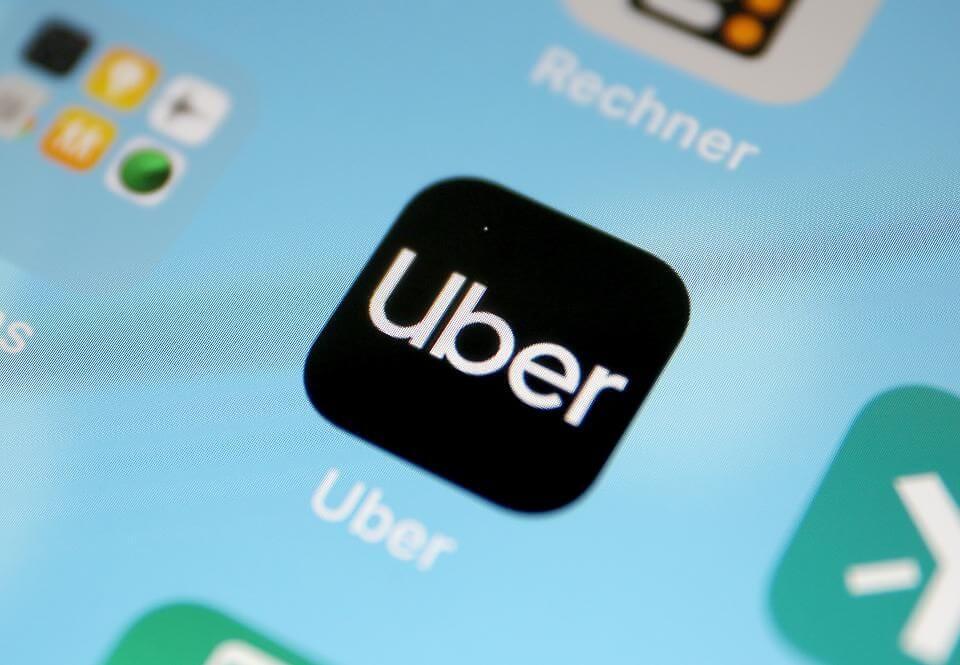
How Does Uber Do Performance Management?
You’ve used the service or at least heard of it. Uber is everywhere. They’ve made many newsworthy moves over the past decade, not just by shaking up the taxi industry, but also by how they’ve handled internal matters such as performance management and employee relations.
How They Manage Their Contract Drivers
One unique aspect of Uber’s business is their relationship to drivers. Drivers can sign on to work or sign out at will. The Uber platform manages the workforce algorithmically, using incentives like surge pricing, ratings, and extensive online training content.
After every Uber ride, the rider rates the driver and vice versa. These regular performance ratings have a real impact on both the driver’s and the rider’s ability to continue to use the platform.
It’s simple, but this regular measurement has a major effect. It’s often called the “observer effect.” Our behaviors change when we know we are being observed.
Uber has created an automated performance management system. It’s like a robot manager. Here’s what that looks like in more detail.
Goals
First, they set goals and clear expectations. How so? When a new driver registers with Uber, they are provided with extensive rules on how they’re expected to perform. This includes very specific ways your account can become deactivated (aka you get fired).
Feedback
Second, the continuous feedback process at the end of each Uber service takes care of monitoring performance and measuring key performance indicators. While ratings have their issues, very frequent ratings from many different people will balance out any biases that might exist in a smaller sample. Although there are some types of biases that can’t be eliminated.
Reviews
Third, there is at type of performance appraisal. Most companies do this once per year but this looks different for Uber contract drivers. If your driver rating ever drops below 4.6, you’ll be dismissed, whereas if you have consistent high ratings, you get a VIP status with additional benefits. This sounds a bit like a continuous rank and yank. Eliminate the worst drivers and reward the top performers.
Performance Management for Everyone Else
Uber’s former performance management system relied heavily on a standard ranks and ratings process but after some of the recent scandals they’ve done away with it.
Uber has a new strategy they call the “T3 B3 process.”
T3 B3 stands for “top three bottom three”, and it asks employees to list their top three qualities or strengths and bottom three areas that need improving. Goals are then derived from these answers and entered into a system which can be accessed by everyone; employees, managers, top executives, etc.
Uber prefers this collaborative review process over the old one because it focuses on development rather than past behavior.
Feedback is given formally and frequently and it gets categorized into positive reinforcement or constructive advice.
Although they believe that positive reinforcement is the key to improvement, constructive advice is necessary for making adjustments. Managers check their feedback ratios on a weekly basis and try to keep them balanced.
In addition to the individual goals around job performance, Uber also has employees set citizenship goals. Employees can create goals for doing good for someone else inside or outside the company.
The “doing good” could be anything from pro bono work, or helping out your fellow co-workers, Uber drivers, or Uber customers.
Why the switch to T3 B3?
Uber’s traditional performance review focused too much on employees' past behavior rather than future capabilities, and having gone through many changes over the past few years, it was time for a brighter outlook.
Employees complained that the old process was subjective and lacked communication which enabled managers to get away with their biases. With minimal feedback, it felt like they were simply being told “this is what you’re good at, this is what you’re bad at, and here’s a score.”
What do Uber Employees Say?
Leadership at Uber claim that their current performance management system promotes a celebration of people, but what do employees say?
Some have noted that “the culture at Uber is excellent” with a “fast paced environment and very low stress levels.” They also believe that “colleagues are what make this place great; very friendly coworkers who are intellectual and hard working.”
Their biggest complaints were over navigating the constant change of leadership and priorities.
Online reviews also show that employees love all the perks like free lunches and flexible time off, but almost everyone complains about the challenge of growing within the company, something that seems to have made a large impact from the previous culture.
So what about the contract drivers? what do they think? They love the independence and freedom the Uber platform affords them, but would like to see better benefits, something that is challenging to provide when you’re set up as a contract worker instead of full time staff. Driver comments online also show the frustration of wearing down their vehicles, and the unexpected costs they incur.
Uber has done a lot of interesting things to manage performance, is there anything that might work at your organization?





